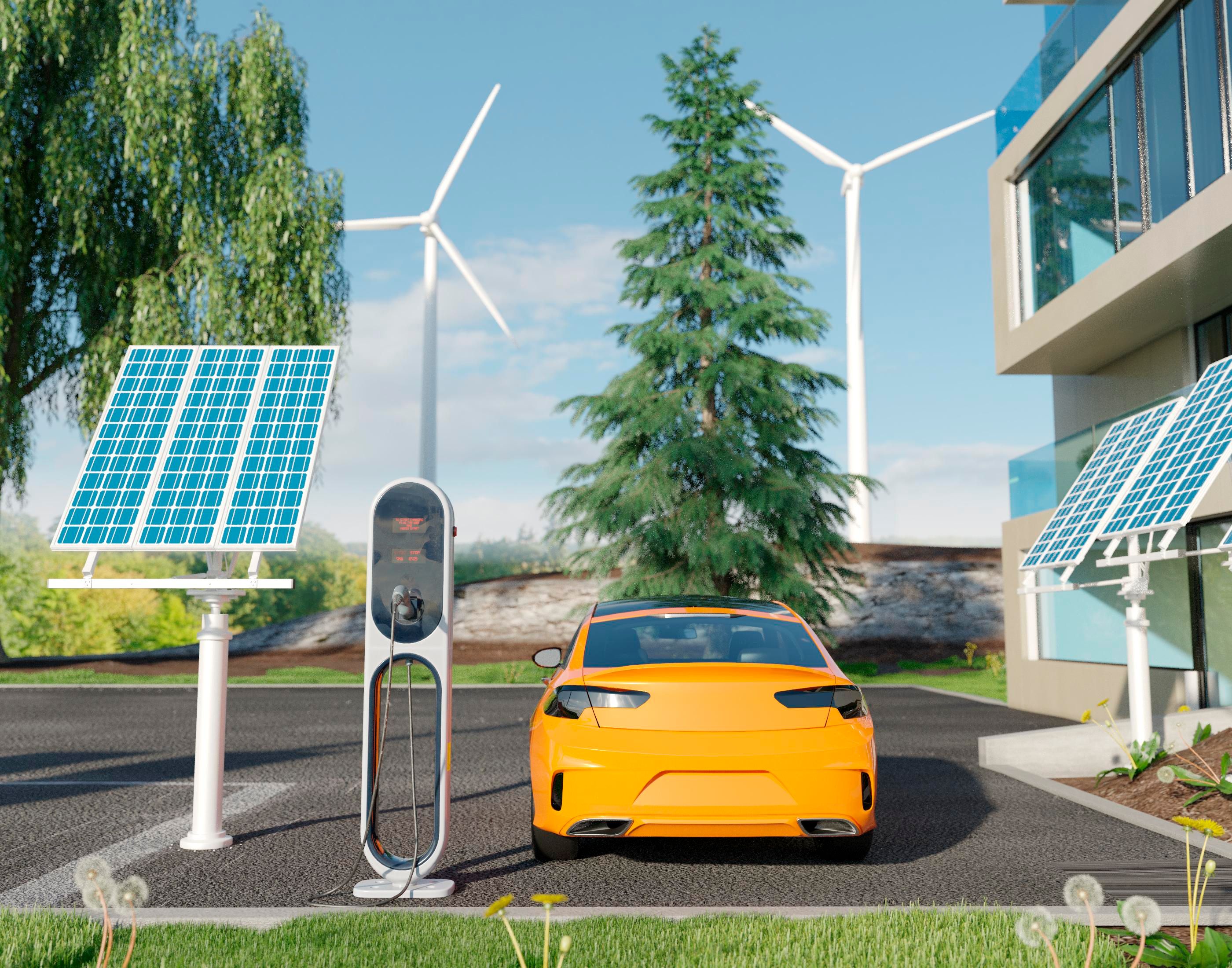The Ministry of Heavy Industries' Phased Manufacturing Program for EV Chargers: Boosting Local Manufacturing and Sustainability Efforts
India's stride toward sustainable mobility takes a leap with the Ministry of Heavy Industries' innovative initiative—the Phased Manufacturing Program for Electric Vehicle (EV) charger components. This strategic move, part of the Faster Adoption and Manufacturing of Hybrid and Electric Vehicles (FAME) India Scheme Phase-II, aims to fortify local manufacturing in the EV sector.
Understanding the Initiative
The government's notification on November 7, 2023, unveiled a comprehensive plan to localize crucial EV charger components by December 2024. Charger enclosures, wiring harnesses, and software for charge point operators are among the components slated for domestic sourcing. This strategic move aligns with India's aspirations for economic self-reliance and environmental sustainability.
Impact on EV Charger Manufacturers
Under FAME-II compliance, EV charger manufacturers are mandated to achieve a minimum of 50% domestic value addition. This directive aims to stimulate indigenous production, minimizing reliance on imports and fostering a thriving ecosystem for EV chargers within the country.
Benefits and Objectives
The Phased Manufacturing Program is poised to yield multifaceted benefits:
- Enhanced EV Infrastructure: Encouraging local production paves the way for increased public EV charging stations, promoting accessibility and convenience for EV users nationwide.
- Reduced Import Dependency: By nurturing local manufacturing, the initiative aims to curtail the country's import dependency, fostering economic autonomy and growth.
- Environmental Sustainability: Aligning with India's green goals, the program supports the transition towards cleaner energy sources and reduced reliance on fossil fuels.
Frequently Asked Questions (FAQs)
Q1: Which components are targeted for localization under this program? A1: Charger enclosures, wiring harnesses, and software for charge point operators are the primary components slated for indigenization.
Q2: How does achieving a 50% domestic value addition benefit EV charger manufacturers? A2: Compliance with this threshold ensures eligibility for inclusion in the FAME-II initiative, enabling government support and fostering indigenous production.
Q3: What impact will this initiative have on India's EV infrastructure? A3: The program is set to significantly bolster India's EV charging infrastructure by facilitating the proliferation of public charging stations, enhancing accessibility nationwide.
Q4: How does this initiative align with India's sustainability goals? A4: By reducing import dependency and encouraging local production, the initiative supports India's commitment to environmental sustainability and the shift towards cleaner energy sources.
Conclusion
India's endeavor to stimulate local manufacturing of EV charger components through the Phased Manufacturing Program is a testament to its commitment to a greener, more self-reliant future. This initiative not only drives economic growth but also resonates deeply with the nation's aspirations for sustainability and innovation.


